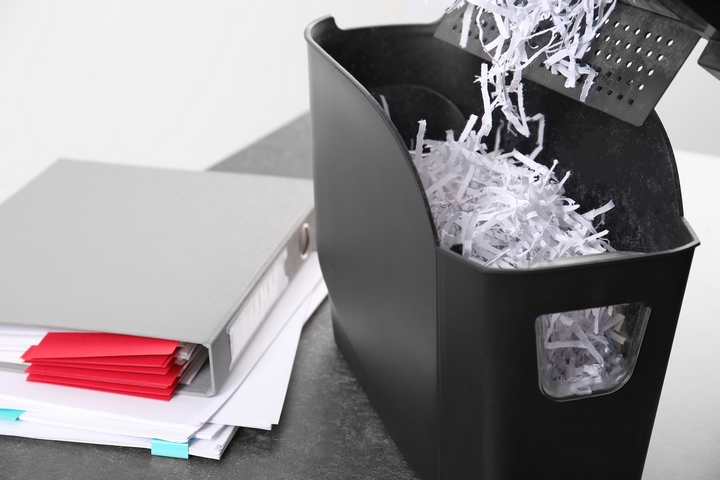
When you are clearing out your desk space and considering certain old documents for the paper shredder, there are a few documents you should never destroy. Some documents are important to keep for about a month or three, such as utility bills, sales receipts, ATM and bank deposit slips.
Also, there are documents that should be kept for roughly a year, like checkbook ledgers, expired insurance records, monthly mortgage statements, and paycheck stubs which may help for tax time.
While there are confidential documents that should be disposed through a professional paper shredding service, you must be careful about distinguishing the confidential documents from the essential documents. Considering the essential lifespan of these documents, there are certain documents that you must never shred.
1. Records of any kind
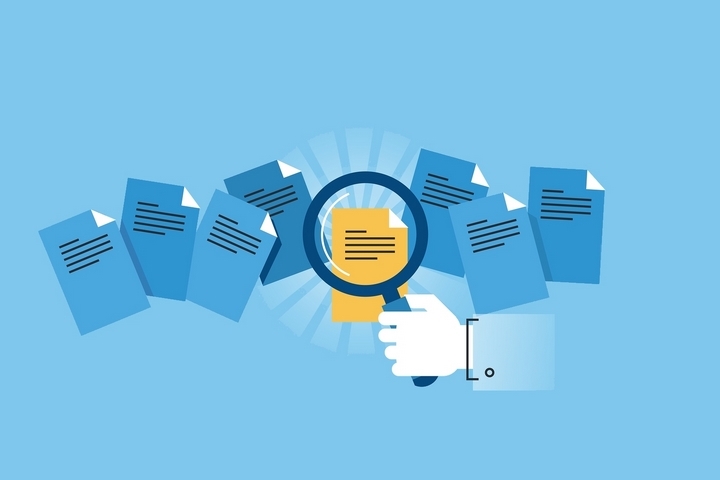
Any records you accumulate over the course of your life are essential to keep, like medical records, pension plan records, education records, records for your retirement plans, etc. Getting rid of these records could cause serious issues, like troubles with personal identification if medical records are lost. Lost medical records could also lead to hospitalization troubles when doctors or other medical practitioners have trouble determining your medical history.
Other records, like pension plan and retirement plans, could land you in trouble with tax revenue services. Educational records could be required when applying for a job. This is why all essential records must be kept throughout your lifetime.
2. Annual Tax Returns

Annual tax returns are essential to keep in case you find yourself being audited. These returns help prove that you have been filing your taxes on the proper due dates, so if a tax auditor comes by, it can certainly save your case.
3. Wills

The importance of keeping the will of a departed loved one is that it can help ensure that you receive what you are entitled to, as per the loved one’s request. If the will is destroyed, the people involved in the document will have difficulty proving what property or assets were left for them by the family member.
4. Deeds and Mortgages
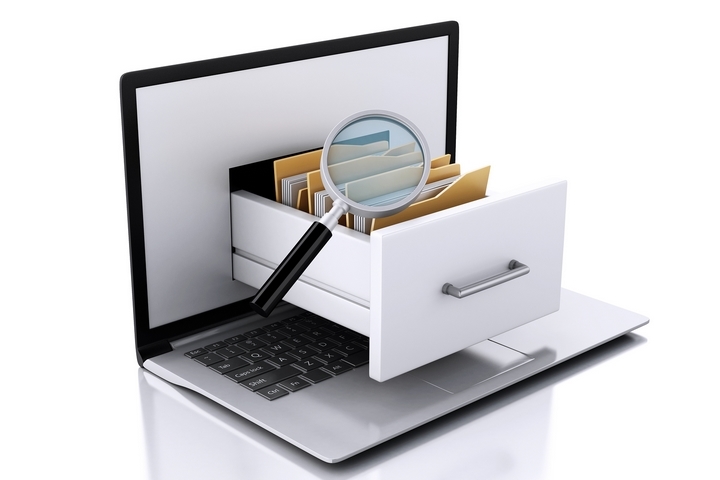
Like with any other loan document, it is essential to keep your deeds and mortgage documents. These are essential if you plan on selling your house or find yourself in a position where you need to prove that you either actually own the house or are in the process of paying it off.
5. Receipts for Major Purchases and Invoices for Major Services
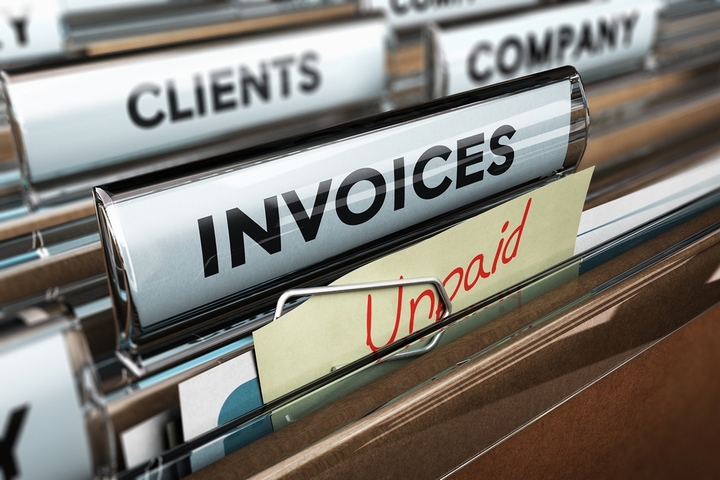
A major purchase or service, like a car, expensive vacation or renovation, should have an invoice or a large accompanying receipt to prove that you have paid for the purchase and it cannot be revoked.
6. Legal Documents
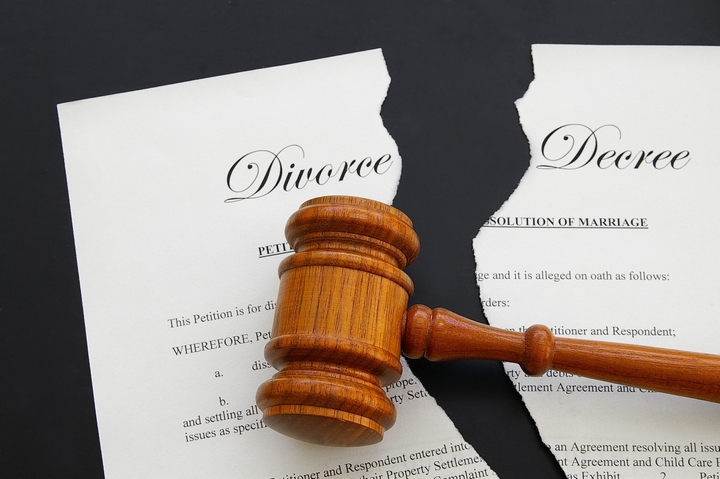
All legal documents (Birth certificates, marriage license, divorce papers, passports) are absolutely essential to help prove your identity, allow you to travel different countries, or ensure that unions are considered legitimate or illegitimate. Without these, you can be susceptible to identity theft or fraud.
7. Titles and Certificates

Like with all other documents that claim ownership over property, titles and certificates are essential to keep in order to maintain ownership claims. These include real estate certificates and automobile titles. They could also include land deeds and a host of other properties or assets a person can own.
